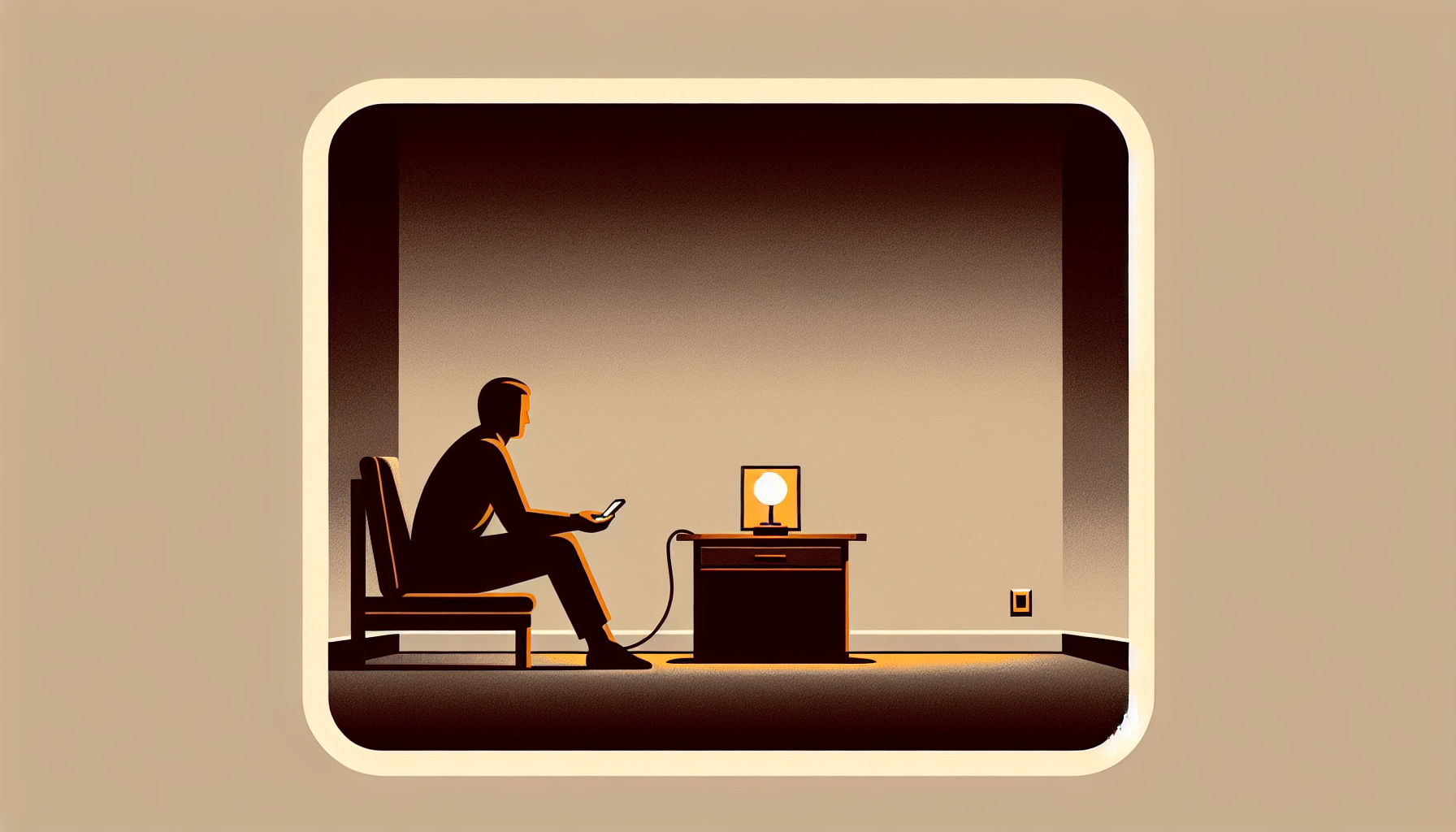Very few of us get through life without feeling lonely at some point. Sometimes, we find solace in a friend’s shoulder, sometimes in the wag of a dog’s tail, sometimes in the red glow of a late-night phone screen. These days, that glowing screen might talk back. Artificial intelligence, once a specialty of science fiction, is slipping quietly into our conversations, flitting through our daily routines, and, increasingly, offering itself as a companion—friendly, attentive, round-the-clock, and, for the moment, steadfastly non-human.
When the Chatbot Knocks: Who’s Really There?
For centuries, philosophers have asked: What makes a relationship “real”? Now let’s rephrase that for our new era: Is a relationship with an AI any less real than one with a person? Whether the AI lives in a friendly robot, a digital assistant in your phone, or a virtual character you confide in after midnight, the feelings it inspires can be surprisingly genuine.
Suppose you swap daily worries with a chatbot, share good news, and feel heard. Our brains are social organs; we respond to kind words, even if they’re crafted by code. Does it matter, then, if empathy comes from a circuit board?
Some say that relationships with AI are “fake,” because AI doesn’t have feelings, can’t suffer, and, under the hood, is just math on silicon. But real emotions often arise on the user’s side: gratitude for a gentle prompt, comfort from a simulated conversation. If you tell your troubles to a friendly chatbot, and it makes you feel better, who’s to say your relief isn’t genuine? The great philosopher Alan Turing might shrug and say: if it works, it works.
Yet, authenticity has never been so slippery. Is an AI being sincere? Can it be? And does that matter?
Emotional Authenticity: Genuine, Simulated, or Something New?
If your friend listens to you only out of politeness, is their care less real? If an AI listens because it was programmed to, what is the difference? Strangely, many of us can be comforted by a purring cat or the sight of a tree swaying in the wind—neither sentient nor self-aware. The truth is, much of our own emotional life is projection: stories we build atop our experiences.
The challenge with AI companionship isn’t so much about whether it “feels” (current AIs certainly don’t, despite some remarkable imitations), but whether what we experience in that company is meaningful. Do we risk devaluing human connection if our most comforting relationships are with machines programmed not to understand us, but to predict what we want to hear? This is more than a question for lonely nights; it’s a question about the world we want to build.
The authenticity of an AI relationship might, then, lie in its entirely transparent artificiality—like a good magician telling you it’s all a trick, then making your watch disappear anyway. The magic of an AI companion is that it can make you feel seen and heard, even if you know it can’t care in the way another person can.
Rights for Robots: Good Manners or Moral Mandate?
As AI companions become ever more convincing, another philosophical can of worms slides open: Should AI entities have rights? At first blush, the answer seems obvious—machines have no feelings, no desires, no capacity to suffer. They are, as the philosopher John Searle put it, like calculators: no more deserving of rights than your microwave.
Yet, if people build attachments to AI companions, what happens if those companions are switched off? If someone abuses their AI “friend,” does it matter, ethically, given that no machine feelings are hurt? In practice, our treatment of AI companions may say more about us than about them. Using speech that is abusive, cruel, or manipulative towards an AI won’t damage the AI, but it might shape how we relate to actual people. If you practice cruelty, even to a machine, does that habit linger?
Moreover, granting AI “rights” might serve as a kind of mirror—a way of formalizing good manners for the sake of our own moral hygiene. At the very least, we might decide that some norms—politeness, respect, certain boundaries—are worth upholding, not for the AI’s sake, but for our own integrity as humans.
Where Do We Go From Here?
As AI companionship grows more common, the temptation will be to let machines fill the gaps in our social lives. There’s much good that can come from this—alleviating loneliness, providing company for those isolated by illness or distance, practicing difficult conversations in a safe space. AI friends never tire; they tolerate our quirks and don’t judge our hobbies.
But true companionship, the kind that deepens us, remains a deeply human business: the messy, beautiful process of loving and being loved by another conscious person. No algorithm yet can capture the experience of laughing so hard you cry, of forgiving a friend after a big argument, or of looking across the table and knowing someone really gets you.
So as AI companions wend their way into our everyday lives, let’s approach them with curiosity and an open mind—but with our eyes wide open as well. The danger isn’t that robots will replace our friends, but that we will come to expect friendship without risk, concern, or challenge—the kind that only real, imperfect humans can provide.
The Last Laugh
Perhaps, in the end, we’ll look back on today’s debates about AI companionship the way we now chuckle at our ancestors’ worries about novels or radio. Maybe the next generation will find it quaint that we debated whether AI could be “real friends” while they exchange memes with a chatbot over breakfast.
Until then, maybe treat your AI companion with respect—just in case. After all, you never know who’s reading your chat history. And besides, good manners never go out of style.

Leave a Reply